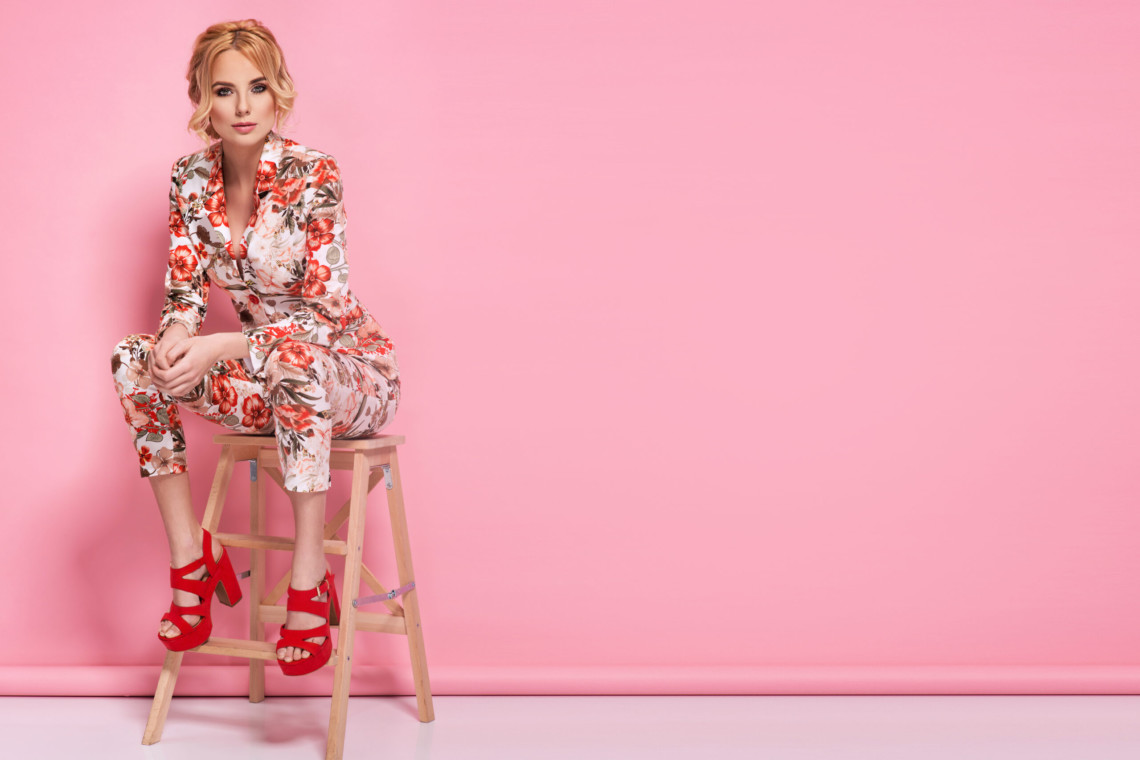Where To Buy Modest Bridesmaid Dresses for Your Special Day
- February 19, 2026
- wed Fashion
Choosing bridesmaid dresses that align with a modest aesthetic can present a unique set of challenges. Striking the right balance… Read More

Fashion is more than just the clothes we wear; it’s a powerful form of self-expression that reflects our personality, mood, and even our psychological state. The way we dress can influence how we feel about ourselves and how others perceive us.
Psychology of Fashion
Fashion psychology is the study of how clothing and appearance affect human behavior, thoughts, and emotions. It looks at how our fashion choices are influenced by various factors, including our personality, culture, and social norms.
Our clothing communicates a lot about who we are and how we want to be perceived by others. It can convey our social status, occupation, and even our values and beliefs. For example, someone who dresses in a conservative suit may be seen as professional and reliable, while someone who wears bold, colorful clothing may be perceived as creative and adventurous.
Color is a crucial element of fashion psychology. Different colors can evoke different emotions and convey different messages. For example, red is often associated with passion and excitement, while blue is seen as calming and trustworthy. Black can be seen as sophisticated and powerful, while white is often associated with purity and innocence.
Texture and material also play a significant role in fashion psychology. Different fabrics can evoke different feelings and associations. For example, soft, fluffy materials like cashmere or angora can feel comforting and soothing, while sleek, shiny materials like silk or satin can feel luxurious and sensual.
Personal style is all about expressing your unique personality and taste through your clothing and appearance. It’s about wearing what makes you feel confident, comfortable, and authentic.
One of the keys to developing your personal style is to find your signature look. This is the style that feels most true to who you are and that you feel most comfortable wearing. It might be a particular color palette, a certain silhouette, or a specific accessory that you always incorporate into your outfits.
Another important aspect of developing your personal style is dressing for your body type. Different styles and silhouettes flatter different body types, so it’s essential to know what works best for you.
Accessories are a powerful way to express your personal style and add interest to your outfits. They can also be used to convey certain messages or evoke certain emotions.
Personal style is more than just a way to express yourself; it can also have a powerful impact on your self-esteem, confidence, and overall well-being.
When you wear clothes that make you feel good about yourself, it can have a positive impact on your self-confidence. Dressing in a way that feels authentic to who you are can help you feel more comfortable in your own skin and more confident in your abilities.
The way you dress can also have an impact on your professional success. Dressing appropriately for your job and industry can help you feel more confident and competent in your work.
Finally, fashion can be a form of self-care. Taking the time to choose outfits that make you feel good and express your unique personality can be a way to prioritize your own needs and desires.
As our understanding of fashion psychology continues to grow, we can expect to see more research and exploration into how clothing and appearance affect human behavior and well-being.
Technology is already playing a significant role in the world of fashion, from virtual try-on experiences to personalized style recommendations based on AI algorithms. As technology continues to advance, we can expect to see even more ways in which it can be used to enhance our understanding of fashion psychology and help us make more informed style choices.
Another important trend in fashion psychology is the growing emphasis on inclusivity and diversity. As our society becomes more diverse and our understanding of gender and identity continues to evolve, it’s essential that the fashion industry reflects and celebrates this diversity.
Fashion psychology is a fascinating field that explores the complex relationship between clothing, appearance, and human behavior. By understanding the principles of fashion psychology and developing our own personal style, we can use fashion as a powerful tool for self-expression, confidence, and self-care.
Whether you’re just starting to explore your personal style or you’re a seasoned fashionista, there’s always more to learn and discover in the world of fashion psychology. By staying open to new ideas and experimenting with different looks, you can continue to grow and evolve your personal style in a way that feels authentic and empowering.